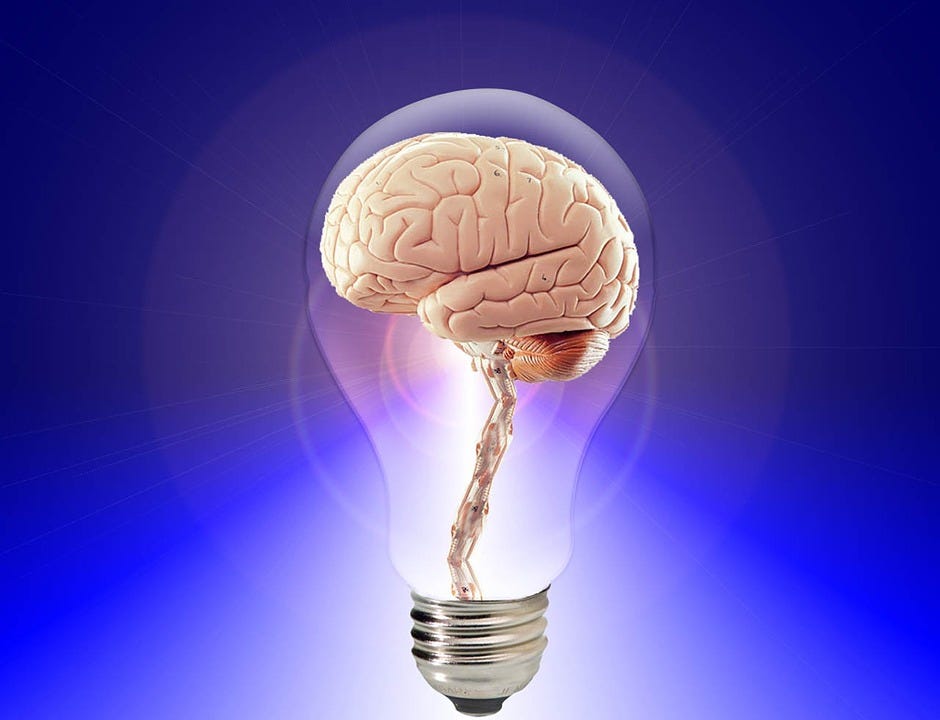Defining Transient Global Amnesia
What is Transient Global Amnesia? According to the Lancet.com, this condition is "one of the most striking syndromes in clinical neurology." Its key defining characteristic, though temporary, is an abrupt onset of anterograde and retrograde amnesia, and in many respects, the patient may resemble someone who has just suffered a traumatic cerebral concussion.
Mysterious Memory Loss
Recently I experienced a problem with one of my clients that I had never encountered before. After working out, this man had a total loss of memory about what he was doing and was simply unable to recall basic information for about 18 hours. After consulting his doctor, he was told he was experiencing Transient Global Amnesia due to his exercise session. Now this type of problem is not necessarily due to working out, but in this case, the doctor said his blood supply was competing between feeding his muscles and his brain. Alright, so what exactly is Transient Global Amnesia? According to the Lancet.com, this condition is "one of the most striking syndromes in clinical neurology." Its key defining characteristic, though temporary, is an abrupt onset of anterograde and retrograde amnesia, and in many respects, the patient may resemble someone who has just suffered a traumatic cerebral concussion. So a person in a state of TGA exhibits no other signs of impaired cognitive function, but recalls only the last few moments of memory and some deeply-encoded facts of past memory such as his or her own name.
There's not much known about this condition except that memory loss that can't be attributed to a more common neurological condition, such as epilepsy or stroke." The leading hypotheses are some form of epileptic event, a problem with blood circulation around, to or from the brain, or some kind of migraine-like phenomenon. There is some convincing evidence that external emotional stresses can also trigger the associated loss of memory. It generally affects fifty to eighty-year-old men, about 3.4 to 5.2 people per 100,000 per year. So here's the deal. During an episode of transient global amnesia, your recall of recent events simply vanishes into thin air, with no capacity to establish new memory. You probably will not remember things that happened a day, a month or even a year ago, though that is a temporary phenomena. Episodes are usually short-lived, and afterward your memory is fine.
The diagnostic criteria for TGA, as defined for purposes of clinical research, include: **The attack was witnessed by a capable observer and reported as being a definite loss of recent memory (anterograde amnesia). **There was an absence of clouding of consciousness or other cognitive impairment other than amnesia. **There were no focal neurological signs or deficits during or after the attack. **There were no features of epilepsy, or active epilepsy in the past two years, and the patient did not have any recent head injury. **The attack resolved within 24 hours. One of its most bizarre features is that the victim keeps repeats statements or questions, complete with profoundly identical intonation and gestures. TGA has a generally positive prognosis and is not considered life threatening with recurrences reported at under 6% annually. The second episode has been reported to occur from 1 month to 9 years after the initial event. A number of studies report rates of stroke and TIA among TGA patients that are comparable to those in a matched population without TGA. Of note, a mild permanent memory impairment has been noted in a few patients after episodes of TGA.
Sources:
1. Lancet.com
2. Ferne.org
3. Wiley.com
4. Medscape.com
5. Science Direct.com
6. Journal of Neurology
7. Neuroland.com
8. Mayo Clinic.com
9. American Stroke Association
10. American heart Association
11. Oxford Journals



